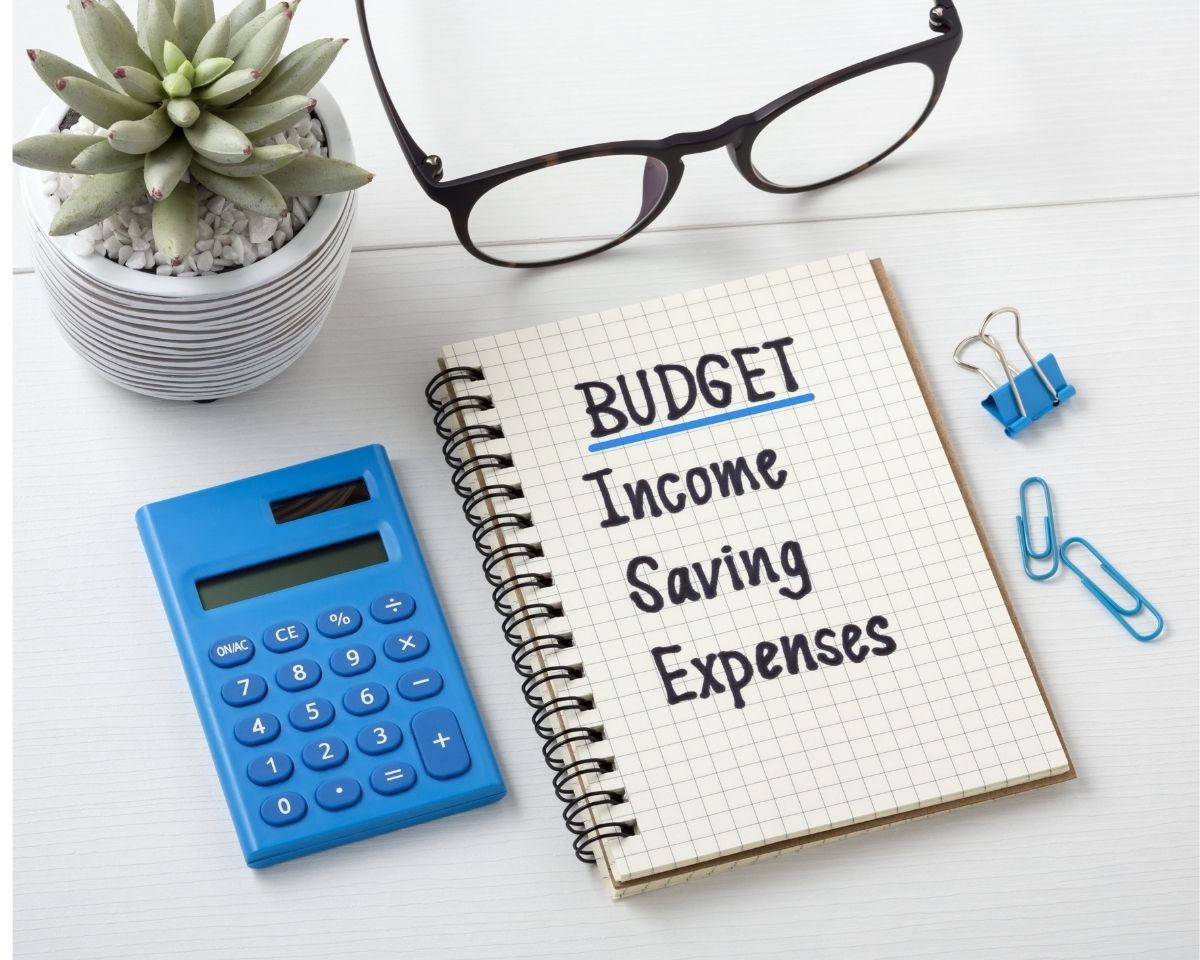
Creating and sticking to a budget is crucial for your financial wellbeing. Here’s a simplified, streamlined guide to help you put together a realistic and sustainable budget.
-
Set Financial Goals - Setting clear goals provides motivation and direction for your budget.
- Short-term Goals: These might include saving for a holiday or buying a new device i.e. phone or laptop.
- Medium-term Goals: Examples are paying off a car loan or saving for a wedding.
- Long-term Goals: These could involve building a retirement fund or saving for a house.
-
Track your Income and Expenses - Knowing where your money comes from and where it goes is essential to creating an accurate budget.
- Income Tracking: Record all sources of income, including your salary, freelance work, and any other earnings.
- Expense Tracking: For one month, carefully track all your expenses. Use budgeting apps like Mint or YNAB, or simply use a spreadsheet.
-
Prioritize Essentials and Savings - This ensures your basic needs are met while you work towards financial security.
- Essential Expenses: These include housing – rent/board/mortgage, utilities – power, internet/wifi, water or phone, groceries, transportation – petrol or public transport, and minimum debt payments. These are non-negotiable.
- Savings and Debt Repayment: After covering essentials, allocate a portion of your income to savings and debt repayment. Aim to save at least 20% of your income if possible and prioritize paying down high-interest debt to reduce long-term interest payments.
-
Set Limits for Discretionary Spending - Managing discretionary spending helps you stay within your budget without feeling deprived.
- Discretionary Spending: This includes non-essential expenses like dining out, entertainment, hobbies, and other leisure activities.
- Setting Limits: Establish realistic spending limits for these categories to prevent overspending. This doesn’t mean eliminating all fun; it's about finding a balance that works for you.
-
Review and Adjust Regularly - Regular reviews and adjustments keep your budget relevant and effective.
- Regular Reviews: Check your budget monthly to ensure you are on track. Adjust as necessary to reflect changes in income, expenses, or financial goals.
- Adaptability: Life changes, and so should your budget. Being flexible helps you stay aligned with your financial objectives.
Final Thoughts: A budget helps balance your financial obligations and lifestyle. Set clear goals, track spending, and make conscious choices to take control of your finances.
Remember, consistency and flexibility are key. Happy budgeting!
